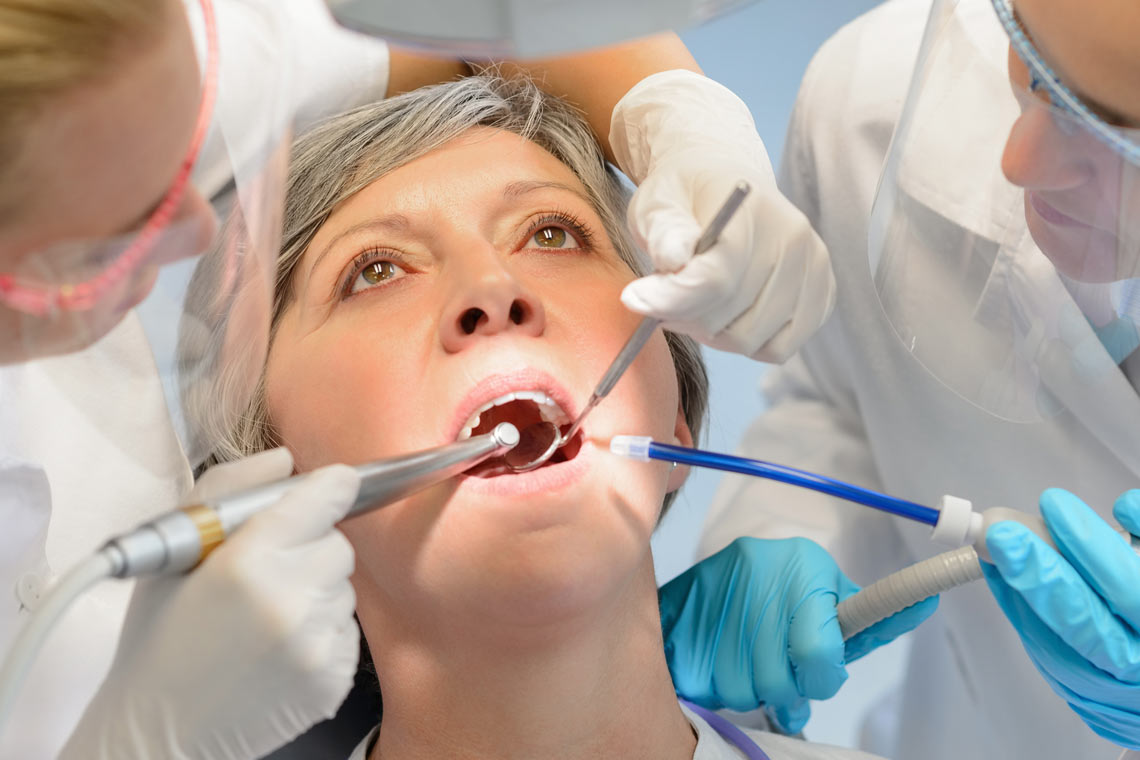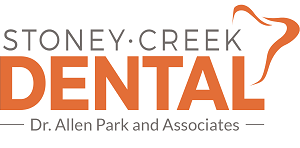
Posted on November 05, 2019
Taking care of our teeth becomes more important than ever in our senior years.
As we age, our oral health becomes more difficult to maintain because of medications or certain medical disorders. We’re also more at risk of developing cavities and tooth decay.
To help maintain excellent oral health as we age, here’s what to keep in mind.
Medications
Gum disease is a severe condition that commonly affects people over age 40. Although numerous factors can lead to gum disease, certain medications can make it worse.
Medications can also cause dry mouth, which can lead to cavities and other oral health problems. Work with your dentist to restore moisture in your mouth and to prevent issues associated with dry mouth.
Plaque Build-Up
Arthritic hands and fingers can make teeth brushing a challenge as well as the removal of plaque difficult. An electric toothbrush is a solution instead of a traditional manual brush because you do not have to ‘brush’ your teeth but rather gently move it from tooth to tooth. The electric toothbrush will do the ‘brushing’ on its own.
As always, to help prevent plaque-related issues, including cavities, tooth decay and gum disease, seniors should use fluoride toothpaste twice per day, floss daily and see a dentist for regular checkups. Rinsing with an antiseptic mouthwash once or twice a day can also help maintain good oral health.
Dentures
Just like natural teeth, dentures require proper oral hygiene. Food debris and bacteria can quickly accumulate in the appliances, and if not cared for properly, can lead to the formation of plaque. Cavities (if you still have some of your natural teeth), bad breath, sores and irritation can also be a result.
Poor-fitting bridges and dentures can lead to gum disease and denture-induced stomatitis, which is inflammation of the tissue underneath the denture. For long-term denture wearers, an annual dental visit is recommended so that adjustments can be made if necessary.
Sensitivity
Over time, your gums naturally recede, leading to tooth sensitivity. Cold or hot foods or beverages, crisp air and sour and sweet drinks and foods can affect exposed areas of your teeth and lead to feelings of sharp pain.
If an anti-sensitivity toothpaste doesn’t help combat the sensitivity, seek dental advice. There could be a cracked tooth or cavity to blame.
Ask Your Dentist for More Advice
Brushing and flossing should always remain a priority – regardless of your age. Besides causing cavities and bad breath, bacteria from the mouth can travel and create serious infections.
Wearing dentures or other appliances? Your dental team can show you how to maintain them effectively.
If you’re experiencing any challenges that are preventing you from maintaining your oral hygiene, inform your dentist. Changes to your dental treatment can be made to help ease or eliminate these challenges.
Your dentist can help you maintain a happy, healthy smile as you age. Regular dental checkups can detect and treat gum disease and even prevent it from happening in the first place. They also provide an opportunity for your dentist to check in on any changes in your mouth and examine any dental appliances.
Need to schedule an appointment with a dental office in Stoney Creek? Contact our friendly team today!
